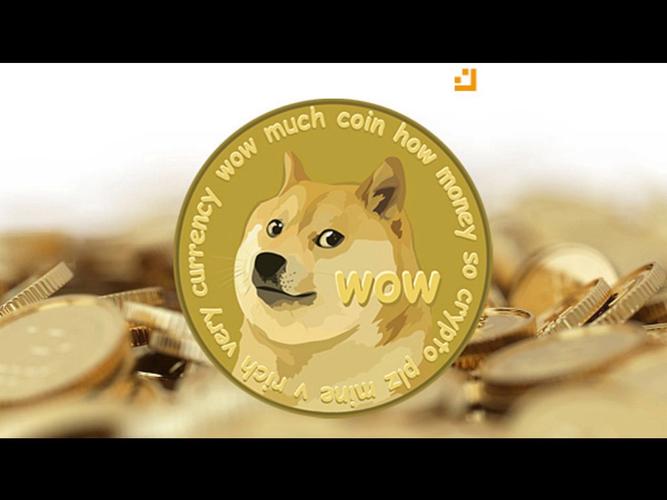Beginners Guide to ETH Coin
Are you intrigued by the world of cryptocurrencies and want to dive into the Ethereum (ETH) coin? You’ve come to the right place. Ethereum is one of the most popular and influential cryptocurrencies, and understanding it can be a game-changer for your investment journey. In this comprehensive guide, we’ll explore everything you need to know about ETH coin, from its basics to its advanced features.
What is Ethereum (ETH)?
Ethereum is a decentralized platform that runs smart contracts: applications that run exactly as programmed without any possibility of downtime, fraud, or third-party interference. It was created by Vitalik Buterin, a Russian-Canadian programmer, in 2013. The platform uses its own cryptocurrency, ETH, to pay for transaction fees and services on the network.

Understanding the Ethereum Blockchain
The Ethereum blockchain is a decentralized ledger that records all transactions made on the network. It’s similar to the Bitcoin blockchain but with some key differences. One of the most significant differences is that Ethereum allows for smart contracts, which are self-executing contracts with the terms of the agreement directly written into lines of code.
Here’s a brief overview of the Ethereum blockchain:
| Feature | Description |
|---|---|
| Decentralization | The network is not controlled by any single entity, making it resistant to censorship and manipulation. |
| Smart Contracts | Self-executing contracts that automatically enforce and execute the terms of an agreement between parties. |
| Gas | The unit of measure for the amount of computational effort required to execute a transaction on the Ethereum network. |
| Proof of Work (PoW) | The consensus mechanism used by Ethereum to validate transactions and create new blocks. |
How to Buy Ethereum (ETH)
Buying Ethereum is a straightforward process, but it’s essential to understand the steps involved to ensure a smooth transaction. Here’s a step-by-step guide:
-
Choose a cryptocurrency exchange: There are numerous exchanges available, such as Coinbase, Binance, and Kraken. Research each exchange to find one that suits your needs, including fees, supported cryptocurrencies, and user experience.

-
Create an account: Sign up for an account on your chosen exchange and complete the verification process. This may involve providing personal information and proof of identity.
-
Deposit funds: Transfer funds from your bank account or credit/debit card to the exchange. Some exchanges may offer other deposit methods, such as wire transfers or cryptocurrency deposits.
-
Buy Ethereum: Once your funds are available, you can purchase Ethereum using your preferred payment method. The exchange will display the current price of ETH and the amount you need to pay.
-
Store your Ethereum: It’s crucial to store your Ethereum in a secure wallet. You can choose from various wallet types, including software wallets, hardware wallets, and paper wallets.
Understanding Ethereum’s Market Value
Ethereum’s market value is influenced by various factors, including supply and demand, technological advancements, regulatory news, and overall market sentiment. Here are some key factors that can impact ETH’s value:
-
Supply and demand: The limited supply of Ethereum can drive up its value when demand increases.
-
Technological advancements: Ethereum’s development team continuously works on improving the platform, which can positively impact its value.
-
Regulatory news: Changes in regulations can have a significant impact on the cryptocurrency market, including Ethereum.
-
Market sentiment: The overall sentiment in the cryptocurrency market can influence ETH’s value.
Ethereum’s Future: What to Expect
Ethereum has a bright future, with several ongoing and upcoming projects that aim to improve the platform and its capabilities. Here are some key developments to watch for:
-
Ethereum 2.0: This upgrade aims to improve scalability, security, and sustainability by transitioning from Proof of Work (PoW)




